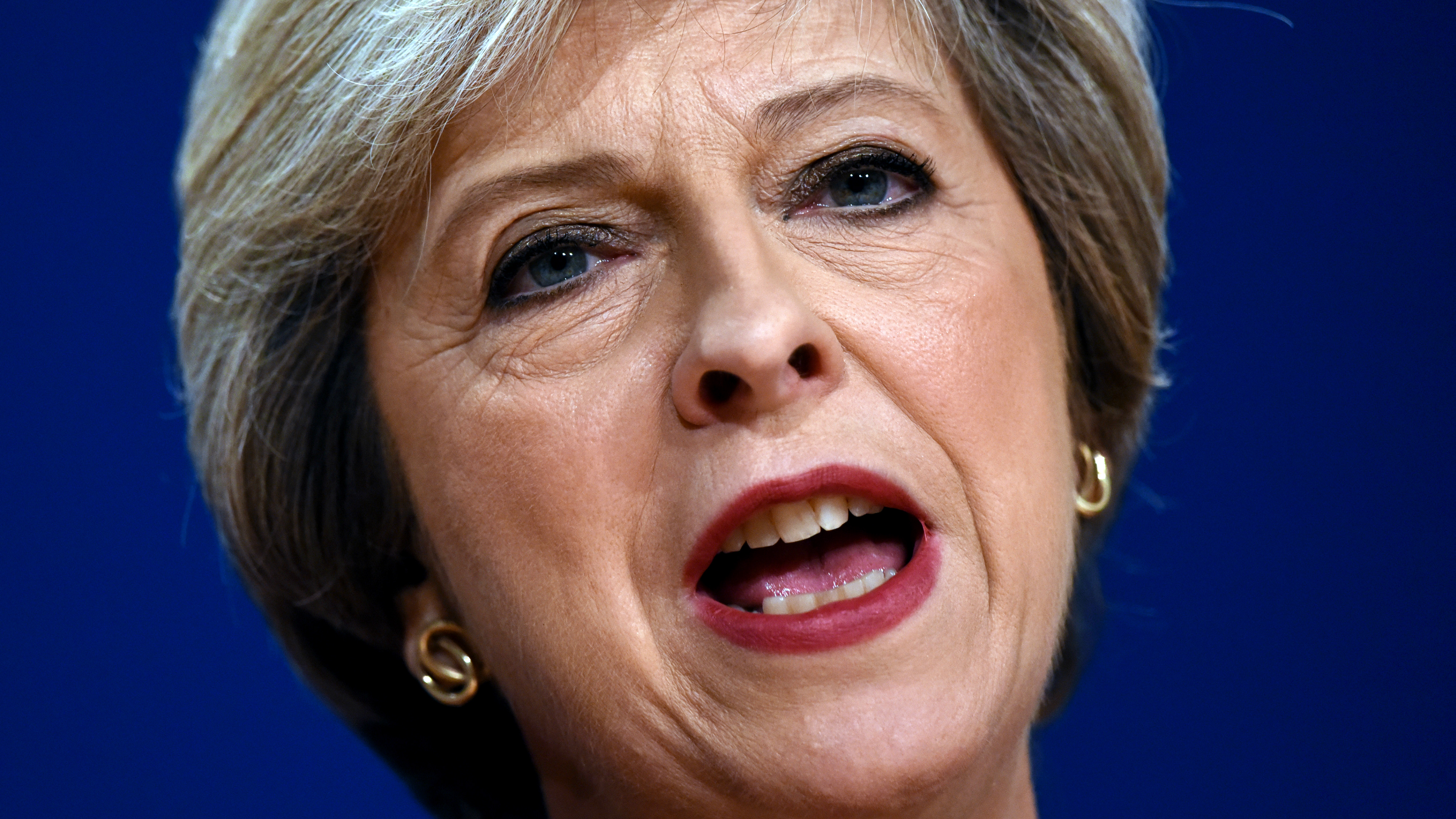Brexit: Was High Court ruling on Article 50 bad for UK democracy?
Leave campaigners warn against 'subversion' after government is forced to put its plans before parliament

A free daily email with the biggest news stories of the day – and the best features from TheWeek.com
You are now subscribed
Your newsletter sign-up was successful
Yesterday's High Court's ruling that Article 50 of the Lisbon Treaty cannot be triggered without MPs' approval has been celebrated as a victory for UK parliamentary sovereignty by some, while others warn the decision flies in the face of the referendum results.
The government said it intended to appeal the "disappointing" ruling, but maintains that its plan to start the Brexit process early next year will continue untrammelled.
Prime Minister Theresa May is today expected to tell Jean-Claude Juncker, the President of the European Commission, the UK is still on course to follow the planned timetable for a prospective exit from the EU in 2019.
The Week
Escape your echo chamber. Get the facts behind the news, plus analysis from multiple perspectives.

Sign up for The Week's Free Newsletters
From our morning news briefing to a weekly Good News Newsletter, get the best of The Week delivered directly to your inbox.
From our morning news briefing to a weekly Good News Newsletter, get the best of The Week delivered directly to your inbox.
The High Court's decision has divided the political right. While "senior Tories have welcomed the ruling as a boost to parliamentary sovereignty", The Guardian reports, some Leave campaigners fear it will be used to block Brexit.
Ukip interim leader Nigel Farage said the ruling indicates "betrayal may be near at hand" and warned MPs they had "no idea of the level of public anger they will provoke" if they attempted to subvert the referendum result.
"Yesterday's High Court judgment was badly mistaken," writes Richard Ekins in the Daily Telegraph, outlining the legal case in favour of the government. Even if the ruling was made in complete good faith, it serves to "empower parliamentarians who would like to thwart the referendum result", he says.
Much has been made in the Remain-leaning press of the irony that elements of the Leave campaign are now arguing against Westminster having the final say on decisions affecting the British people, something Brexiters extolled as one of the benefits of leaving the EU.
A free daily email with the biggest news stories of the day – and the best features from TheWeek.com
"Surely those who should be cheering today's high court judgment the loudest are the people who have been the most passionate defenders of parliamentary sovereignty," says Jonathan Freedland in The Guardian.
Under the UK system of parliamentary democracy, an MP is not supposed to merely relay the demands of their constituency but act in the nation's interest according to their own research and judgement.
This is why the High Court's decision provides Remainers with a "glimmer of hope", writes AC Grayling in the New Statesman: "If MPs vote according to their beliefs about what is best for the United Kingdom, the madness of Brexit will be stopped."
The government's intention to refuse a parliamentary vote never had a basis in a "high constitutional principal" in the first place, Scottish First Minister Nicola Sturgeon said yesterday.
"It's because they don't have a coherent position and they know that if they take their case to the House of Commons that will be exposed," she added.
-
 The EU’s war on fast fashion
The EU’s war on fast fashionIn the Spotlight Bloc launches investigation into Shein over sale of weapons and ‘childlike’ sex dolls, alongside efforts to tax e-commerce giants and combat textile waste
-
 How to Get to Heaven from Belfast: a ‘highly entertaining ride’
How to Get to Heaven from Belfast: a ‘highly entertaining ride’The Week Recommends Mystery-comedy from the creator of Derry Girls should be ‘your new binge-watch’
-
 The 8 best TV shows of the 1960s
The 8 best TV shows of the 1960sThe standout shows of this decade take viewers from outer space to the Wild West
-
 How corrupt is the UK?
How corrupt is the UK?The Explainer Decline in standards ‘risks becoming a defining feature of our political culture’ as Britain falls to lowest ever score on global index
-
 Supreme Court upholds California gerrymander
Supreme Court upholds California gerrymanderSpeed Read The emergency docket order had no dissents from the court
-
 The high street: Britain’s next political battleground?
The high street: Britain’s next political battleground?In the Spotlight Mass closure of shops and influx of organised crime are fuelling voter anger, and offer an opening for Reform UK
-
 EU-Mercosur mega trade deal: 25 years in the making
EU-Mercosur mega trade deal: 25 years in the makingThe Explainer Despite opposition from France and Ireland among others, the ‘significant’ agreement with the South American bloc is set to finally go ahead
-
 How robust is the rule of law in the US?
How robust is the rule of law in the US?TODAY’S BIG QUESTION John Roberts says the Constitution is ‘unshaken,’ but tensions loom at the Supreme Court
-
 Biggest political break-ups and make-ups of 2025
Biggest political break-ups and make-ups of 2025The Explainer From Trump and Musk to the UK and the EU, Christmas wouldn’t be Christmas without a round-up of the year’s relationship drama
-
 Who is paying for Europe’s €90bn Ukraine loan?
Who is paying for Europe’s €90bn Ukraine loan?Today’s Big Question Kyiv secures crucial funding but the EU ‘blinked’ at the chance to strike a bold blow against Russia
-
 ‘The menu’s other highlights smack of the surreal’
‘The menu’s other highlights smack of the surreal’Instant Opinion Opinion, comment and editorials of the day